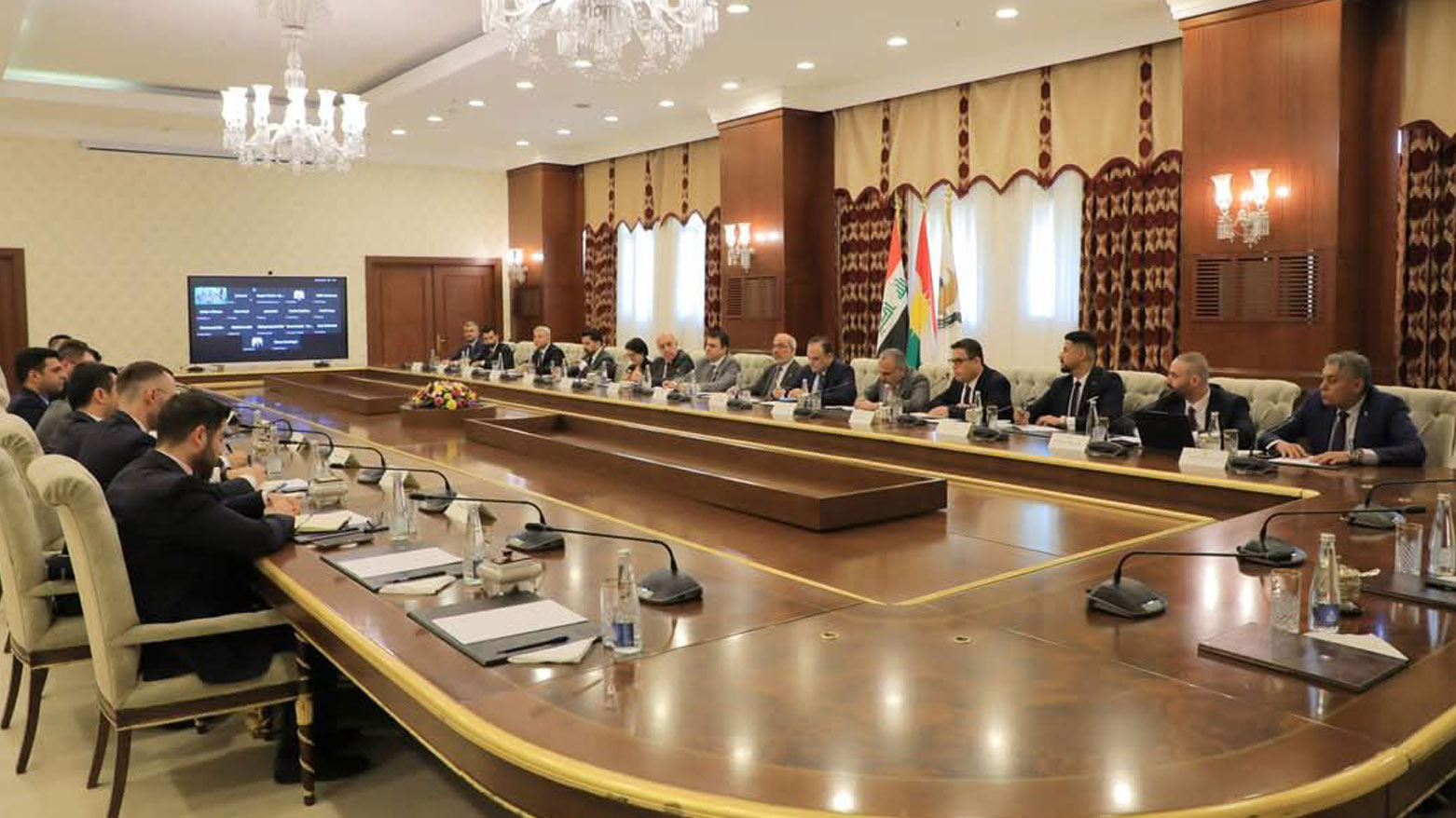Baghdad May Act Unilaterally on Oil Advisor After Deadline Passes, Lawmaker Warns
Disputes Stall Kurdistan Oil Export Deal Despite Budget Law Amendments; Deadline for Cost Assessment Passes Without Consensus

ERBIL (Kurdistan24) — A trilateral meeting was convened in Erbil on Sunday among representatives of the Iraqi Ministry of Oil, Kurdistan Regional Government (KRG), and the Association of the Petroleum Industry of Kurdistan (APIKUR) to address critical issues concerning the Kurdistan Region's oil sector, with a primary focus on resuming oil exports. Omid Sabah, Chief of Staff of the KRG Council of Ministers, stated that discussions involved the operational activities of oil companies and explored mechanisms to facilitate the restart of exports. The meeting also considered the challenges and proposals presented by these companies to create a conducive environment for resuming oil exports promptly.
Despite the Iraqi Parliament's approval of amendments to the federal budget law on February 2, 2025, particularly Article 12 concerning the resumption of Kurdistan's oil exports, disagreements between the federal government and the KRG have hindered the implementation of these provisions. The amendments stipulate that the federal Ministry of Finance will compensate the KRG for production and transportation costs of oil delivered to the State Oil Marketing Organization (SOMO). An international technical advisory body, to be appointed jointly by the federal and regional governments, was tasked with determining the fair cost of production and transportation for each oil field within 60 days of the law's enactment. However, this deadline has passed without an agreement, prompting concerns from Iraqi lawmakers.
Adnan al-Jaberi, Deputy Chairman of the Iraqi Parliament's Oil and Gas Committee, emphasized that the 60-day period to select a consulting firm has expired without consensus. He noted that, in the absence of agreement, the federal government reserves the right to unilaterally appoint the advisory body.
Meanwhile, oil production companies operating in the Kurdistan Region have expressed skepticism toward the Iraqi Ministry of Oil. These companies demand the settlement of outstanding payments for past production, advance payments, and future guarantees as prerequisites for resuming export operations.
The halt in oil exports since March 2023, following a ruling by the International Chamber of Commerce in Paris, has significantly impacted the Kurdistan Region's economy, leading to delays in public sector salaries and reductions in essential services. Baghdad is under increasing pressure to resolve these disputes to restore financial stability and economic growth across Iraq.
As negotiations continue, the resumption of oil exports remains contingent upon resolving contractual disagreements, ensuring fair compensation for production and transportation costs, and rebuilding trust between the federal government and oil companies operating in the region.
